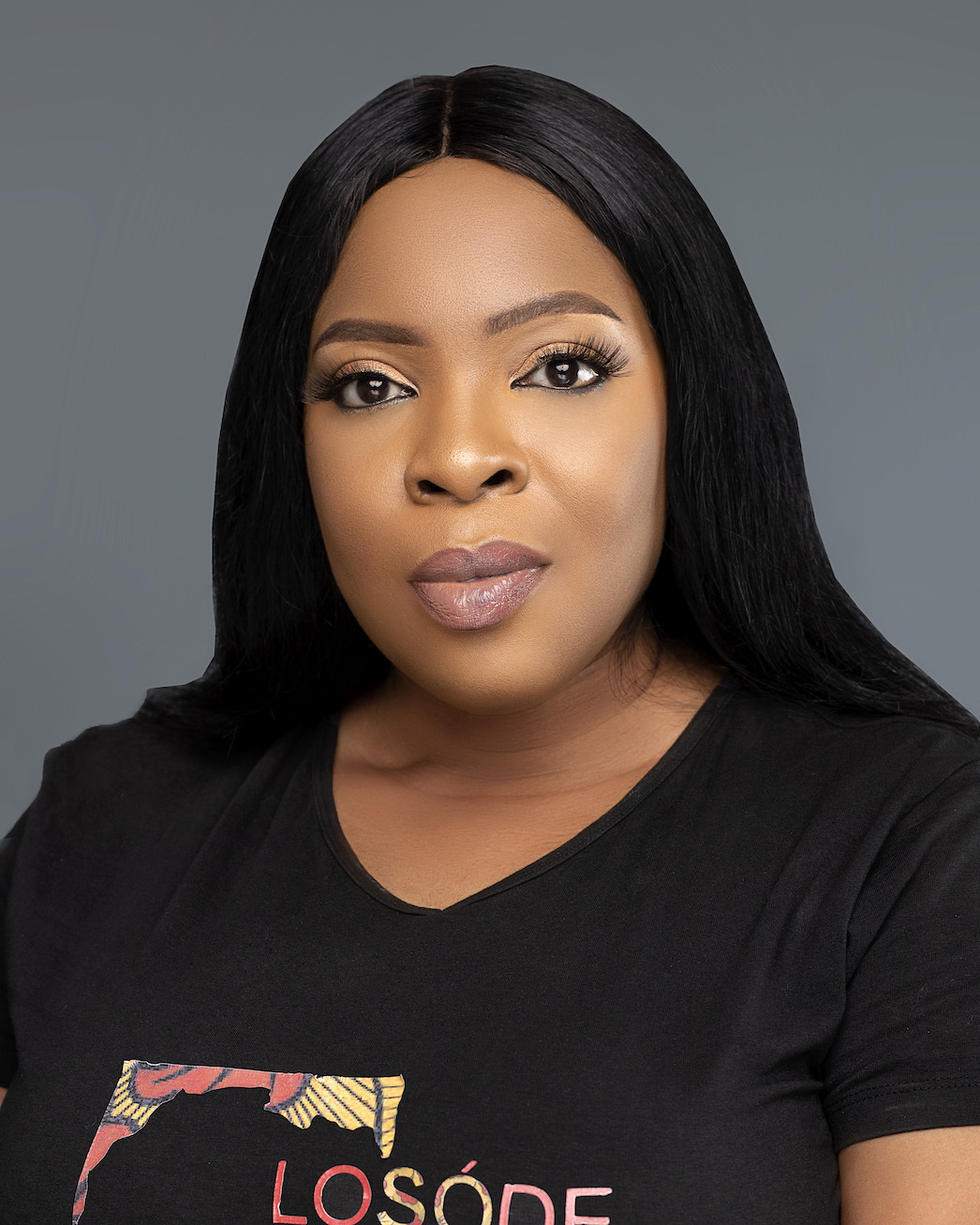When Aderonke moved to Nigeria in 2009, she had a challenge. She had lived in the UK for years, where she had access to various options for buying high-quality, comfortable, and stylish clothes at her convenience, and was distraught at moving to a place where it was difficult to find shops that catered to her needs and style.
Ten years later, things hadn’t changed. Aderonke still found it difficult, in one instance, when she urgently needed to purchase clothes for a business meeting following a wardrobe malfunction. Despite a large number of creatives in the country producing fashion pieces, Aderonke found that shopping for clothes in Nigeria required a lot of legwork and store-hopping, hoping to find what she wanted. This challenge inspired her to create Losode.
Discussing Losode’s commitment to promoting local entrepreneurship
TechCabal: What is Losode?
Aderonke Ajose-Adeyemi: Losode is an online marketplace that connects consumers to fashion businesses. We started in 2020, and are building the digital infrastructure to enable trade and commerce across the continent, as well as overcome long-standing barriers to economic development—starting with fashion. We are hoping to expand to other aspects of the creative industry with time.
TC: What makes your product different from other ecommerce platforms in the country?
AA: Unlike other popular e-commerce sites, Losode caters to independent sellers made in Africa, not just Nigeria.
At Losode, we focus on local entrepreneurship. We’re creating a platform for local entrepreneurs to become more accessible, as well as removing trade borders. There are a lot of talented entrepreneurs in Nigeria and we want to help them reach a wider customer base, while providing these customers with access to Nigerian products in the same spot, without the hassle of visiting different shops or markets.
TC: What is Losode doing to help sellers adapt to ecommerce?
AA: Losode is committed to local entrepreneurs as they are the backbone of our offering. The company’s tech team ensures that sellers have all the digital education needed to manage their businesses on the platform.
We help them identify how to trade better, how to take better pictures of their products, how to position themselves for a global market, etc. It is very important to us that they have everything they need for their businesses to thrive —including digital skills— because that directly impacts our business. If we don’t have sellers who can properly utilize the platform, then what are we going to sell to buyers?
The ecommerce scene in Nigeria has been growing steadily as more people across the country are getting more comfortable making purchases on the internet. The country is now the 33rd largest market for ecommerce in the world and amassed revenue of US$6.9 billion in 2021.

Partnering with other tech solutions
TC: Are there currently opportunities for strategic partnership with other tech solutions or non-tech organizations with Losode?
AA: Losode understands the importance of partnerships and working with others to go further. We already partnered with a few players in the payments space, because it is important to be able to offer as many payment options to both sellers and buyers. We are also working with organisations like FCMB on various things including educating sellers on how to grow their businesses. At some point, I believe that Losode will morph into a business bank, as there’s so much opportunity for strategic partnerships in payments.
We’ve spent the last month talking to a range of logistics tech solutions to see if there are companies advancing logistics in Africa. Ecommerce is a complex business because a lot of businesses have to come together to ensure that it works. You’re looking at payments, logistics, and the general market, down to how people can set up shops. It is a whole chain and so opportunities for strategic partnerships are huge.
Challenges of a new startup
TC: What are some of your challenges?
AA: As a budding startup, one of our biggest challenges is expertise. Finding skilled workers with the right attitudes has been harder than we had anticipated. Sometimes, we employ all these people who demand high salaries and they just don’t deliver on the work. We’re funding the business from our pockets—because that’s what we have to do until we get investors, and it can be demoralizing when the people you’ve hired to help you grow and take your business to the next level fail to deliver.
So far, I’ve put $500,000 into Losode, and that is a lot of money by any standard. However, the costs of building a startup are high and sometimes it is a struggle to sort out day-to-day expenses. We have to pay competitive salaries in order to attract top talent because we believe that they are more familiar with working in structured teams and have stronger work ethics. Unfortunately, that has not always been the case.
Future Plans
TC: Have you officially launched your website to buyers?
AA: We will open officially before the end of the year. We did an MVP a couple of years ago to get a sense of what our buyers want and then took a step back to work on the technology required to give them that.
TC: What are Losode’s plans for the next five years?
AA: Losode plans to turn into a powerhouse platform that facilitates seamless trade. Our primary purpose is service—serving our entrepreneurs and buyers.
Our number one plan is to build that ecosystem that enables trade to happen seamlessly. We started with Nigeria, but we plan to gradually move into other markets across Africa. So at some point, we’ll cover the first five countries, because we have fellas everywhere, but also be able to open up to a wider market. We have plans to expand to at least half of Africa in the next five years, in terms of sales because there are sellers everywhere. Africans are skilled and produce goods that can compete globally, and we want to provide a platform for them to make money.





















